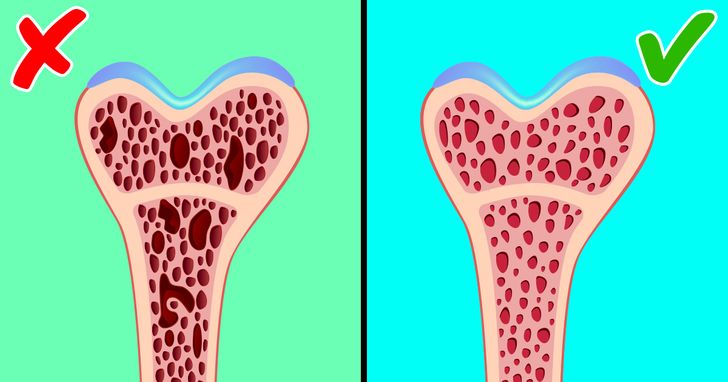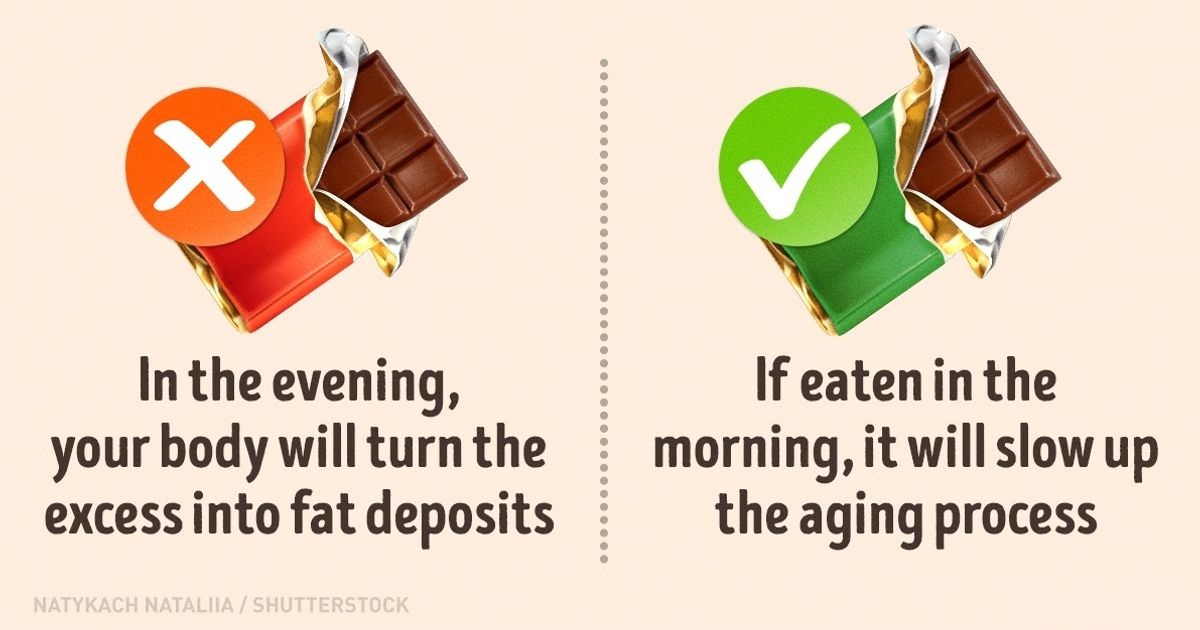Maintaining strong, healthy bones is a cornerstone of overall wellness and longevity. As we age, our bones naturally lose density, leading to conditions like osteoporosis, fractures, and reduced mobility. However, by incorporating targeted lifestyle changes and nutritional strategies, you can significantly improve your bone health. In this comprehensive guide, we present 7 expert tips to help keep your bones strong and healthy, focusing on evidence-based practices such as optimizing vitamin D intake, maintaining a healthy weight, engaging in weight-bearing exercises, moderating caffeine consumption, incorporating omega-3 fatty acids, ensuring adequate protein, and reducing salt intake.
Whether you’re looking to prevent bone loss or boost your overall wellness, these strategies can help you achieve and maintain optimal bone density. Let’s explore these essential tips in detail.
Ways to Strengthen Your Bones
Embrace the Power of Vitamin D for Bone Health

Vitamin D plays a crucial role in bone mineralization and calcium absorption, making it one of the most important nutrients for maintaining bone density. Without sufficient vitamin D, the body struggles to absorb calcium effectively, which can lead to weakened bones and an increased risk of fractures.
Why Vitamin D Matters
Vitamin D is essential for the absorption of calcium in the gut, a mineral that is fundamental to bone structure. Without enough vitamin D, even a calcium-rich diet may not be sufficient to keep your bones strong. Adequate levels of vitamin D help regulate calcium and phosphate in the blood, facilitating the formation and maintenance of strong bones.
How to Get Enough Vitamin D
- Sunlight Exposure: Spending time outdoors is one of the most natural ways to boost vitamin D levels. Aim for 10-30 minutes of midday sun exposure several times a week.
- Dietary Sources: Incorporate foods like fatty fish (salmon, mackerel, sardines), fortified dairy products, and egg yolks into your diet.
- Supplements: If you live in areas with limited sunlight, consider vitamin D supplements. For more detailed information, visit the Mayo Clinic’s guide on vitamin D.
Maintain a Healthy Weight for Optimal Bone Density
Carrying excess weight can place undue stress on your bones and joints, while being underweight may indicate a lack of essential nutrients required for bone maintenance. Striking the right balance is key to preserving bone health.
Impact of Weight on Bone Health
Maintaining a healthy weight helps reduce the strain on your skeletal system. Excess body fat, especially around the abdomen, can release inflammatory cytokines that may accelerate bone loss. Conversely, being underweight might indicate malnutrition, leading to reduced bone mass and an increased risk of fractures.
Strategies for Weight Management
Consult a Professional: For personalized advice, consider consulting a registered dietitian or healthcare provider.
Balanced Diet: Focus on a diet rich in lean proteins, whole grains, fruits, and vegetables. This not only supports bone health but also promotes overall wellness.
Regular Exercise: Incorporate both cardiovascular and strength-training exercises to maintain a healthy weight while promoting muscle strength.
For more insights on maintaining a healthy weight, refer to the Harvard T.H. Chan School of Public Health for evidence-based guidelines.
Engage in Regular Weight-Bearing Exercises to Strengthen Your Bones

Physical activity is one of the most effective ways to improve bone density and overall skeletal strength. Weight-bearing exercises, in particular, stimulate bone remodeling and increase bone mass.
Benefits of Weight-Bearing Activities
Engaging in activities that force your body to work against gravity, such as walking, jogging, dancing, or strength training, can help build and maintain bone mass. Exercise not only enhances bone density but also improves muscle strength and balance, reducing the risk of falls and fractures.
Recommended Exercises for Bone Health
- Walking and Jogging: Simple yet effective, these activities are accessible to most people and offer significant bone-strengthening benefits.
- Resistance Training: Lifting weights or using resistance bands helps target key areas like the hips, spine, and arms, where bone loss is most prevalent.
- Balance and Flexibility Exercises: Yoga and tai chi can improve coordination and reduce fall risk, complementing your weight-bearing activities.
For further guidance on exercises to improve bone strength, check out WebMD’s fitness resources.
Monitor and Limit Your Caffeine Intake for Better Bone Health

While moderate caffeine consumption can be part of a balanced diet, excessive intake may have adverse effects on your bone density. High levels of caffeine can interfere with calcium absorption, potentially weakening bones over time.
Understanding the Caffeine-Bone Connection
Caffeine has been shown to increase calcium excretion in urine, meaning that high consumption could lead to a calcium deficit. This deficit might negatively impact bone health, especially if your diet is already low in calcium.
Tips for Moderating Caffeine
- Opt for Alternatives: Consider switching to herbal teas or decaffeinated coffee to reduce overall caffeine intake.
- Balance with Calcium-Rich Foods: If you consume caffeine, ensure you’re also including plenty of calcium-rich foods in your diet, such as dairy products, leafy greens, and fortified alternatives.
- Monitor Your Intake: Aim to limit caffeine consumption to moderate levels, as recommended by nutrition experts.
For additional details on caffeine’s effects on bone health, visit the National Institutes of Health (NIH).
Enhance Bone Health with Omega-3 Fatty Acids

Omega-3 fatty acids are widely recognized for their anti-inflammatory properties and cardiovascular benefits, but emerging research also suggests they may play a supportive role in bone health.
How Omega-3s Benefit Your Bones
Omega-3 fatty acids help reduce inflammation, which can otherwise accelerate bone loss. They may also promote the activity of bone-building cells (osteoblasts) while inhibiting bone-resorbing cells (osteoclasts). This dual action supports overall bone remodeling and maintenance.
Incorporating Omega-3 into Your Diet
- Fatty Fish: Include sources like salmon, mackerel, and sardines in your diet, which are rich in omega-3s.
- Plant-Based Sources: Flaxseeds, chia seeds, and walnuts are excellent sources of plant-derived omega-3 fatty acids.
- Supplements: Omega-3 supplements are also available for those who may not get enough through their diet. For more information, check out Healthline’s overview of omega-3 benefits.
Ensure Adequate Protein Consumption for Strong Bones

Protein is vital for building and repairing tissues, and its role in maintaining healthy bones is often underestimated. Adequate protein intake supports bone remodeling and can prevent muscle loss, which in turn protects your bones from injury.
The Role of Protein in Bone Health
Bones are composed of a collagen matrix, which provides structure and flexibility. Protein provides the amino acids necessary for collagen production, ensuring that your bones remain resilient and strong. A diet rich in high-quality protein sources helps preserve bone density, especially as you age.
Protein-Rich Foods to Include
- Lean Meats and Poultry: Excellent sources of high-quality protein that support overall muscle and bone health.
- Fish and Seafood: Rich in both protein and omega-3 fatty acids, offering dual benefits for bone strength.
- Plant-Based Proteins: Beans, lentils, tofu, and quinoa provide protein and essential nutrients for those following a vegetarian or vegan diet.
For more detailed nutritional advice, the Harvard School of Public Health offers extensive resources on the importance of protein in a balanced diet.
Reduce Salt Consumption to Prevent Bone Loss

Excess salt intake can lead to increased calcium excretion, which may negatively affect bone density over time. By moderating your salt consumption, you can help ensure that your body retains essential minerals needed for maintaining strong bones.
The Effects of Salt on Bone Health
High levels of sodium in your diet can cause your body to lose calcium through urine. Over time, this loss can weaken your bones, increasing the risk of osteoporosis and fractures. Lowering your salt intake is a simple yet effective strategy to protect your skeletal system.
How to Limit Your Salt Intake
- Read Food Labels: Be mindful of the sodium content in packaged and processed foods.
- Cook at Home: Preparing meals at home allows you to control the amount of salt used in your recipes.
- Use Alternative Seasonings: Experiment with herbs, spices, lemon juice, and vinegar as flavorful alternatives to salt.
For further reading on the link between sodium and bone health, refer to the American Heart Association’s guidelines.
Conclusion
Strong, healthy bones are the foundation of a vibrant and active life. By integrating these 7 expert tips to help keep your bones strong and healthy into your daily routine, you can significantly reduce the risk of osteoporosis and fractures while enhancing your overall quality of life. Remember that maintaining bone health is a lifelong commitment that involves a balanced diet, regular physical activity, and mindful lifestyle choices.
Embrace vitamin D for effective calcium absorption, maintain a healthy weight to minimize stress on your skeleton, and engage in weight-bearing exercises to stimulate bone growth. Additionally, moderating your caffeine and salt intake, boosting your diet with omega-3 fatty acids, and ensuring adequate protein consumption are all essential components of a comprehensive bone health strategy.
Each of these strategies is supported by extensive research and expert recommendations from trusted sources like the Mayo Clinic, Harvard T.H. Chan School of Public Health, and WebMD. By staying informed and proactive about your bone health, you can enjoy a more active, independent, and fulfilling lifestyle.
Whether you’re just beginning your journey to better bone health or looking to fine-tune your current regimen, these tips provide a solid foundation for achieving lasting results. For personalized advice, consult healthcare professionals who can tailor these recommendations to your unique needs. With consistency and commitment, you can build stronger bones and a healthier future.
Remember, small changes today can lead to significant improvements tomorrow. Start implementing these strategies now, and let your journey toward stronger bones and a healthier life begin.









